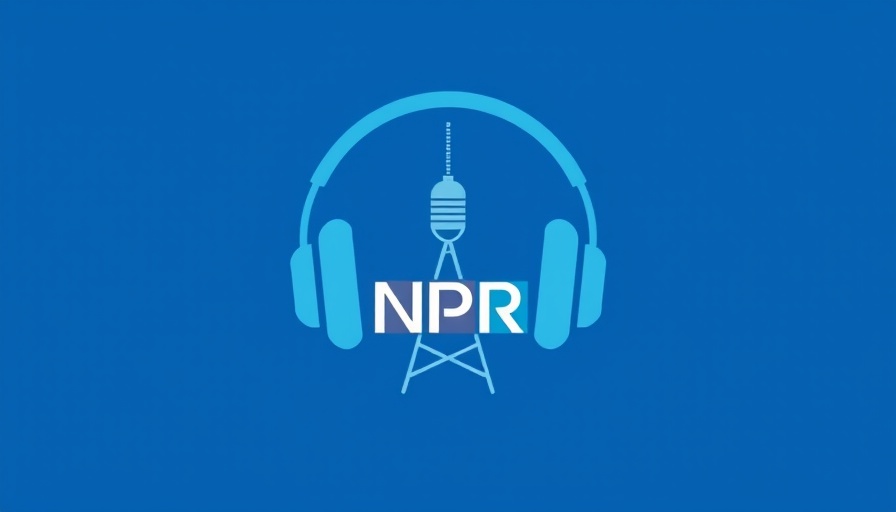
The Rise of Vaccine Skepticism: Historical Context and Implications
The onset of the COVID-19 pandemic marked a critical point in public health discussions about vaccines. Initially considered a crisis that could bring the nation together, it quickly highlighted deep societal divides. Rather than unity, the response to the pandemic unveiled a growing skepticism towards vaccines.
As noted by health experts like Matt Motta, the former U.S. President's casual dismissal of the virus amid public health warnings set a dangerous precedent. This environment contributed to a major shift in public sentiment towards vaccination, particularly among conservative constituents. This polarization poses threats not just for COVID-19 vaccinations but sets a precedent for future health crises.
Why Vaccine Skepticism Matters Now More Than Ever
With the data showing that 25% of Republican parents are delaying necessary childhood vaccinations, the implications stretch beyond individual health. Elementary health attitudes impact community immunity and have dire consequences when outbreaks occur. Understanding the reasons behind vaccine hesitancy is crucial for crafting effective communication and health strategies.
Experts emphasize the need for tailored communication strategies. Public health messages must now navigate the chasm of distrust grown during the pandemic. Strategies that resonate emotionally and culturally with hesitant populations are vital. Speaking to values rather than just facts could foster greater acceptance.
Drawing Lessons From Past Pandemics
Historically, vaccine pushbacks have emerged during times of crisis. For instance, vaccine skepticism was also prevalent during the polio epidemic. However, the response included community leaders playing crucial roles in vaccination campaigns.
This historical precedent indicates that involving trusted figures in communities, such as local business leaders and faith representatives, could be essential to countering misinformation and building vaccine trust in future public health crises.
Future Predictions: What Lies Ahead for Public Health Preparedness?
Forecasts suggest that if the current trajectory of vaccine skepticism continues, the next health crisis could face even greater challenges. Experts warn that public health systems need to establish robust strategies focused on education, outreach, and addressing misinformation.
Vulnerable populations who are hesitant towards vaccines need specific engagements that provide clarity and ease concerns. As we prepare for potential new health threats, an adaptable and culturally sensitive approach towards vaccinations will be the backbone of effective public health initiatives.
Embracing Actionable Insights: The Role of Leadership in Public Trust
For CEOs and business professionals, the implications of vaccine skepticism extend to workforce health and productivity. Prioritizing health insights and vaccinations can reap benefits not just for health but for the bottom line. Encouraging employees to engage with health initiatives promotes a culture of safety and accountability.
In times of skepticism, clear, open communication from business leadership about health initiatives can contribute to a supportive environment where individuals feel valued and empowered.
Final Thoughts: Preparing for Future Pandemics
As vaccine skepticism persists, the call for informed leadership heightens. It’s essential for professionals in tech and marketing to recognize how public health and vaccine trust impacts societal productivity. By actively participating in educational campaigns and promoting accurate information, business leaders can play a crucial role in curbing vaccine skepticism.
To effectively navigate future crises, ensuring that community members remain informed and engaged in health initiatives is vital. It’s not just about health; it’s also about economic stability and organizational resilience.
Engage in this conversation today. Reflect on what steps your organization can take to build trust and awareness around vaccines as we prepare for the public health challenges of tomorrow.
 Add Row
Add Row  Add
Add 




 Add Row
Add Row  Add
Add 

Write A Comment